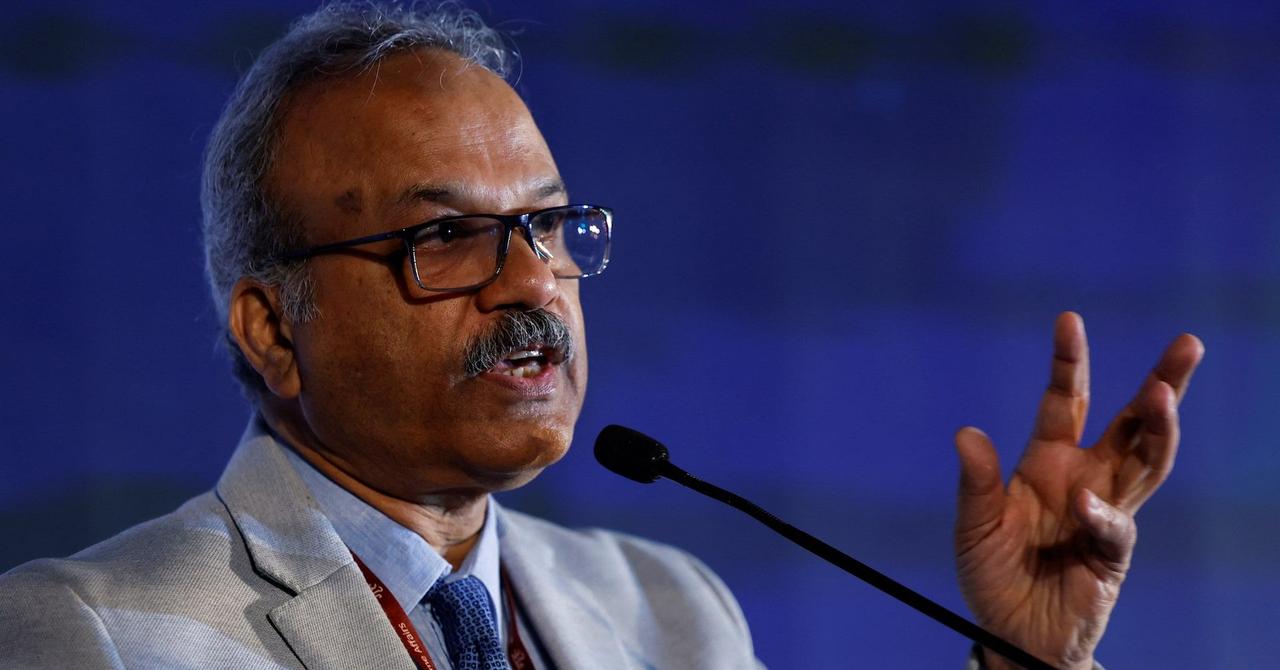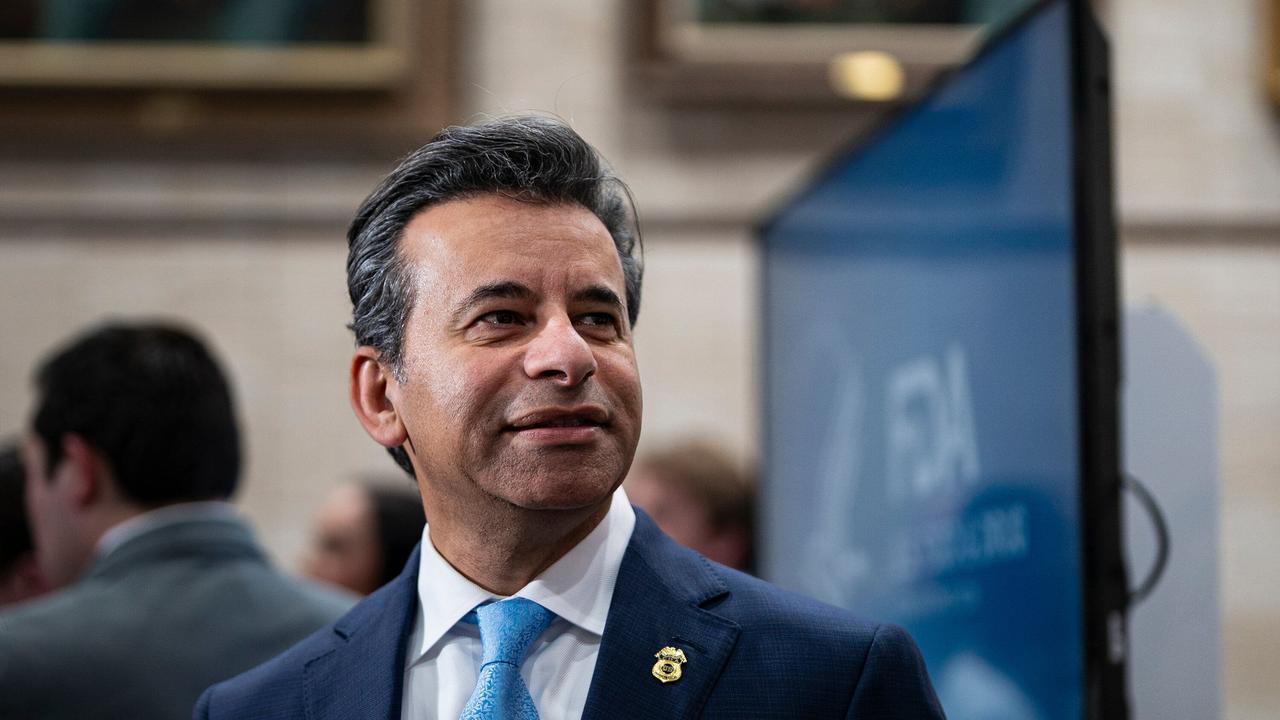India's Drug Regulator Aims to Boost Efficiency with AI and Streamlined Processes
2 Sources
2 Sources
[1]
India's drug regulator eyes lighter oversight, more AI to boost efficiency
NEW DELHI, Sept 4 (Reuters) - India's drug regulator plans to ease processes, set fixed approval timelines and explore artificial intelligence to improve execution, its chief said on Thursday. "We're trying to increase our efficiency, cutting down on regulations so that we create more and more resources within our system," the Central Drugs Standard Control Organisation's Rajeev Raghuvanshi said in an interview at the sidelines of an industry event. "The way for the future is to make the regulation lighter and execution is stronger," the Drugs Controller General added, without giving details of the regulator's plans. On artificial intelligence, Raghuvanshi said the regulator was examining how to avoid legal infringements. The agency said on Wednesday it has halved the processing time for drug test licences to 45 days and begun approving some studies with only an intimation, removing the need for prior licensing. It has also streamlined export certifications, which are now cleared in under seven days, Raghuvanshi said on Thursday. The country's pharmaceutical industry is exempt from U.S. President Donald Trump's tariffs of up to 50 percent, but the sector is seeking to expand globally amid uncertainty over trade outlook. The US, which takes just over a third of India's drug exports, saw sales of mainly generic medicines rise 20% to about $10.5 billion in fiscal 2025. Reporting by Rishika Sadam in New Delhi, Writing by Urvi Dugar; Editing by Dhanya Skariachan Our Standards: The Thomson Reuters Trust Principles., opens new tab
[2]
India's drug regulator eyes lighter oversight, more AI to boost efficiency
India's drug regulator is set to streamline processes by establishing fixed approval timelines and exploring the use of artificial intelligence to enhance efficiency. The aim is to lighten regulations while strengthening execution, as stated by the Central Drugs Standard Control Organisation's chief. India's drug regulator plans to ease processes, set fixed approval timelines and explore artificial intelligence to improve execution, its chief said on Thursday. "We're trying to increase our efficiency, cutting down on regulations so that we create more and more resources within our system," the Central Drugs Standard Control Organisation's Rajeev Raghuvanshi said in an interview at the sidelines of an industry event. "The way for the future is to make the regulation lighter and execution is stronger," the Drugs Controller General added, without giving details of the regulator's plans. On artificial intelligence, Raghuvanshi said the regulator was examining how to avoid legal infringements. The agency said on Wednesday it has halved the processing time for drug test licences to 45 days and begun approving some studies with only an intimation, removing the need for prior licensing. It has also streamlined export certifications, which are now cleared in under seven days, Raghuvanshi said on Thursday. The country's pharmaceutical industry is exempt from U.S. President Donald Trump's tariffs of up to 50 percent, but the sector is seeking to expand globally amid uncertainty over trade outlook. The US, which takes just over a third of India's drug exports, saw sales of mainly generic medicines rise 20% to about $10.5 billion in fiscal 2025.
Share
Share
Copy Link
India's drug regulator plans to implement lighter oversight, fixed approval timelines, and explore AI to enhance efficiency in the pharmaceutical sector.
India's Drug Regulator Unveils Plans for Efficiency Boost
India's Central Drugs Standard Control Organisation (CDSCO) has announced ambitious plans to revolutionize its regulatory processes, aiming to enhance efficiency and foster growth in the pharmaceutical sector. Rajeev Raghuvanshi, the Drugs Controller General, outlined the regulator's vision for a more streamlined and technologically advanced approach to oversight
1
.Streamlining Processes and Timelines
The CDSCO has already taken significant steps to reduce bureaucratic hurdles:
- Processing time for drug test licenses has been halved to 45 days
- Some studies now require only an intimation, eliminating the need for prior licensing
- Export certifications are now cleared in under seven days
These changes reflect the regulator's commitment to "increase our efficiency, cutting down on regulations so that we create more and more resources within our system," as stated by Raghuvanshi
2
.
Source: Reuters
Exploring Artificial Intelligence
In a forward-thinking move, the CDSCO is exploring the integration of artificial intelligence into its regulatory framework. This technological leap aims to further boost efficiency and modernize the agency's operations. However, Raghuvanshi emphasized the need for caution, stating that the regulator is "examining how to avoid legal infringements" in the implementation of AI
1
.Related Stories
Global Expansion and Trade Outlook
The Indian pharmaceutical industry is positioning itself for global expansion, despite uncertainties in the international trade landscape:
- The sector is exempt from U.S. President Donald Trump's tariffs of up to 50 percent
- U.S. sales of mainly generic medicines from India rose by 20% to approximately $10.5 billion in fiscal 2025
- The U.S. market accounts for over a third of India's drug exports
This growth trajectory underscores the importance of the regulator's efforts to streamline processes and enhance efficiency, as it directly impacts India's competitiveness in the global pharmaceutical market
2
.Future Outlook
Raghuvanshi summarized the CDSCO's philosophy moving forward: "The way for the future is to make the regulation lighter and execution stronger." This approach signals a shift towards a more agile and responsive regulatory environment, which could significantly benefit both domestic and international stakeholders in the pharmaceutical industry
1
.As India's drug regulator continues to evolve and adapt to the changing landscape of global pharmaceuticals, the industry watches closely to see how these changes will impact drug development, approval processes, and international trade in the coming years.
References
Summarized by
Navi
Related Stories
Recent Highlights
1
OpenAI secures $110 billion funding round from Amazon, Nvidia, and SoftBank at $730B valuation
Business and Economy

2
Samsung unveils Galaxy S26 lineup with Privacy Display tech and expanded AI capabilities
Technology

3
Anthropic faces Pentagon ultimatum over AI use in mass surveillance and autonomous weapons
Policy and Regulation








